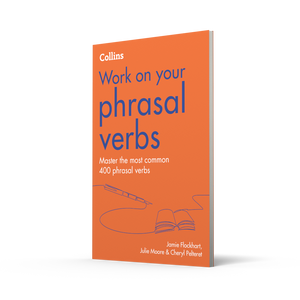
Work on Your Phrasal Verbs: focusing on contemporary usage
Multi-word chunks of language, such as idioms and phrasal verbs, make up a large proportion of any written or spoken text, so they’re really key for learners to get to grips with. In the next two posts, I’ll be...